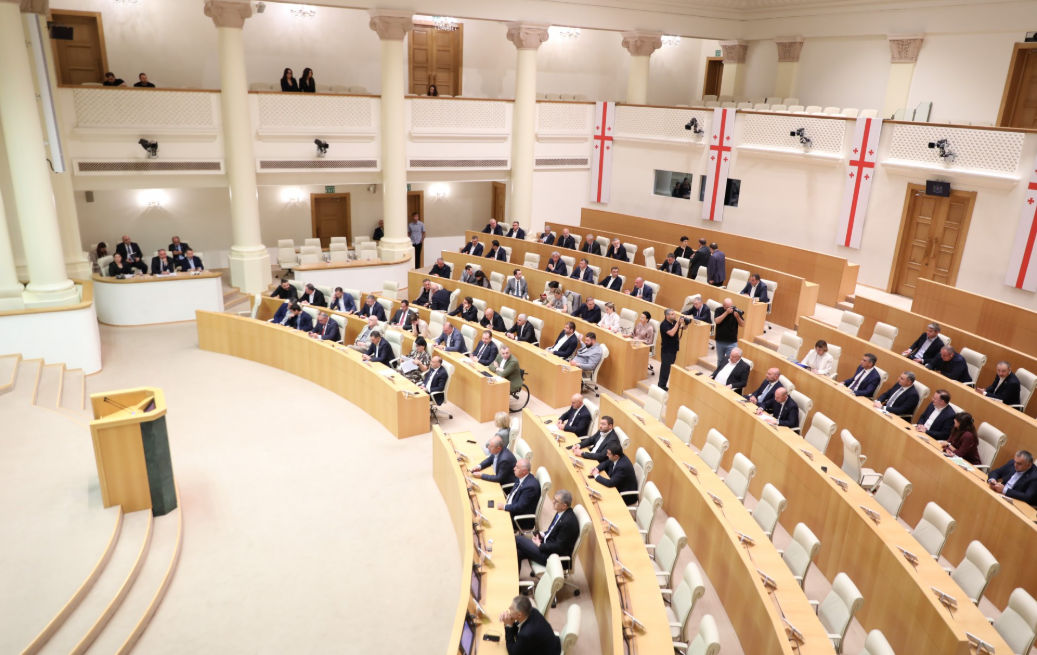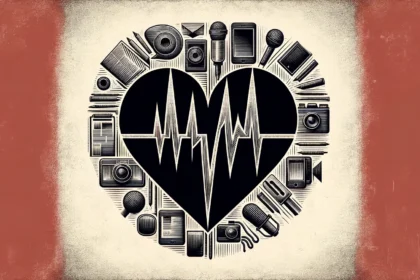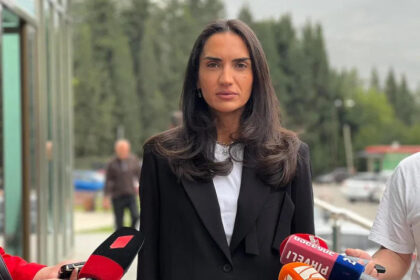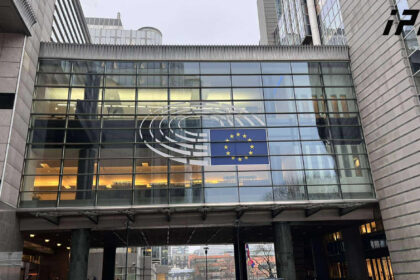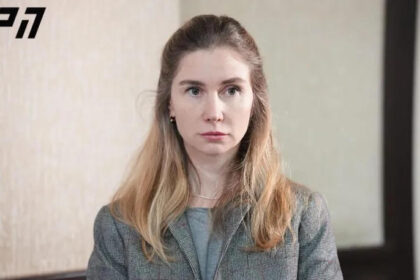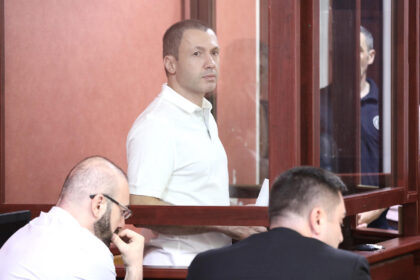**Georgia’s Parliament Restricts Media Access to Courts, Raises Judge Salaries**
The Georgian Dream parliament has passed a bill that restricts photo, video, and audio recording at court premises. The move has been criticized by media watchdogs, who say it will limit public oversight of judicial proceedings.
Under the new law, only the court or a court-authorized person can conduct recordings in courthouses, courtrooms, and courtyards. This means that journalists will no longer be able to take photos, film, or record video or audio in these areas, except when explicitly allowed by the court.
The changes come at a time when criminal proceedings against those detained during ongoing protests near their final stages, with many verdicts expected this summer. The trials have drawn broad public scrutiny, and photos and videos from hearings have widely circulated in the media.
**Media Restrictions: A Blow to Transparency**
Critics say that the restrictions will severely limit media work and effectively eliminate public oversight of the judiciary. Mindia Gabadze, a photographer for the online outlet Publika who regularly covers court proceedings, said that the changes will make it difficult for journalists to do their job.
“For us in the media, work in the courts has essentially been banned — and for us, photographers, it has been completely prohibited,” he wrote on Facebook.
**Judge Salaries: A Significant Pay Raise**
The bill also includes a significant pay raise for judges at all levels. The salaries will be tied to the state budget, with a base salary of GEL 1,460 multiplied by a set rate. This means that a city court judge’s monthly salary will rise from GEL 4,000 to GEL 10,512.
The Supreme Court head’s monthly salary will also increase significantly, from GEL 7,000 to GEL 14,600. The pay raise comes at a time when many Georgian judges have been sanctioned by Western countries for corruption and other issues.
**EU Concerns: A Repression Machine**
The EU has expressed concerns about Georgia’s justice system, calling it “part of this repression machine.” EU High Representative and Vice President Kaja Kallas said that there was discussion of putting sanctions on judges who conduct these things.
As the bill takes effect, many Georgians are left wondering if their justice system is truly independent. The restrictions on media access to courts and the significant pay raise for judges have raised concerns about transparency and accountability.
Read More @ civil.ge




